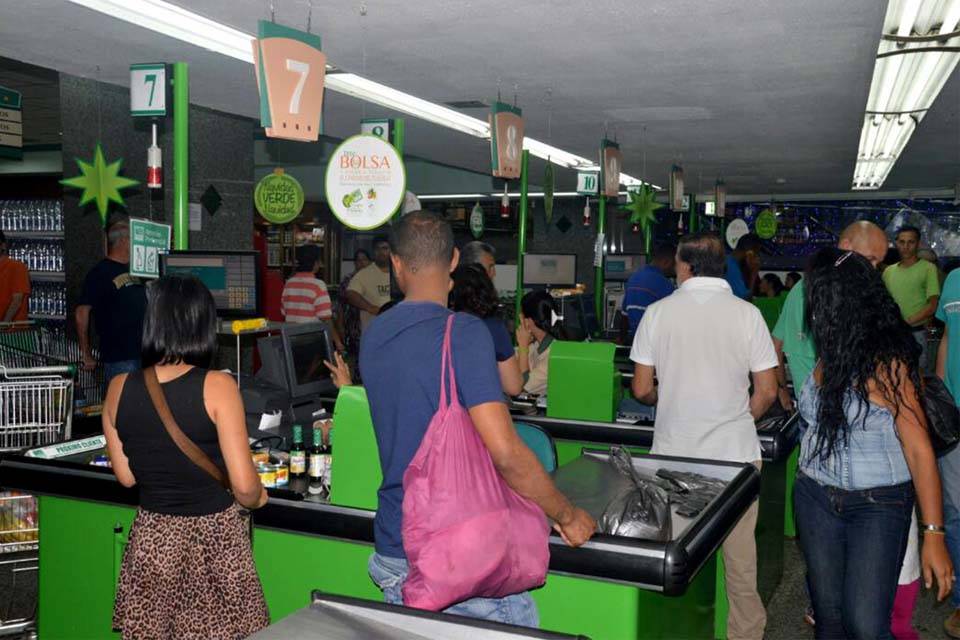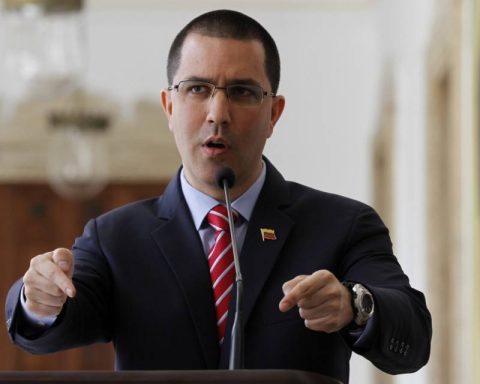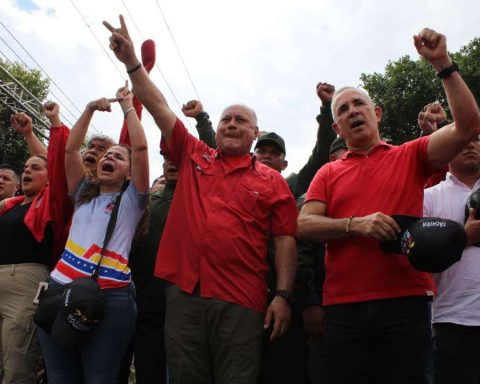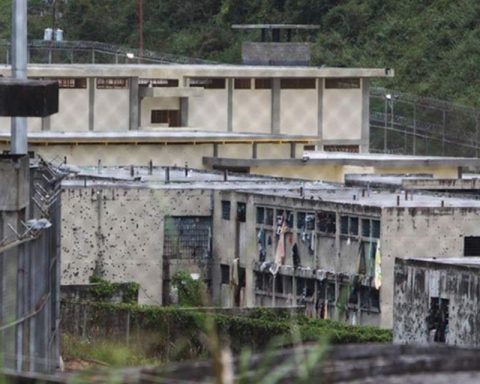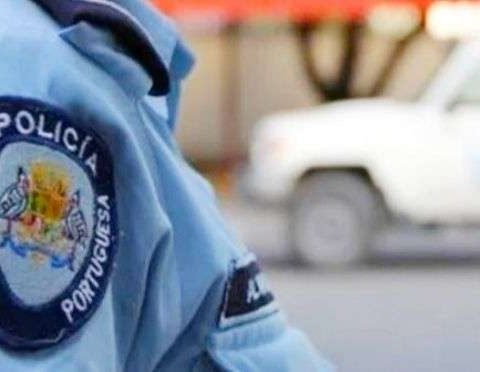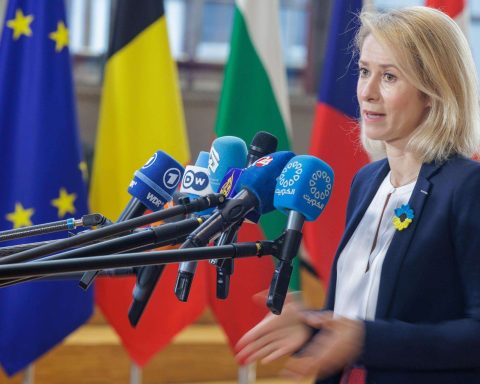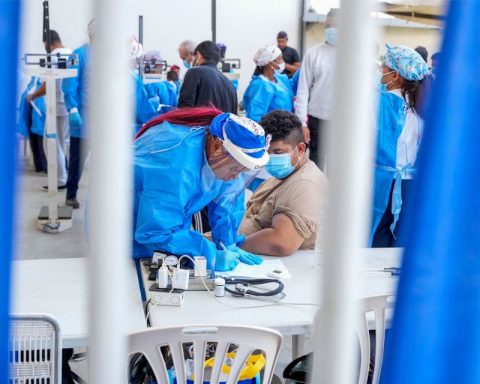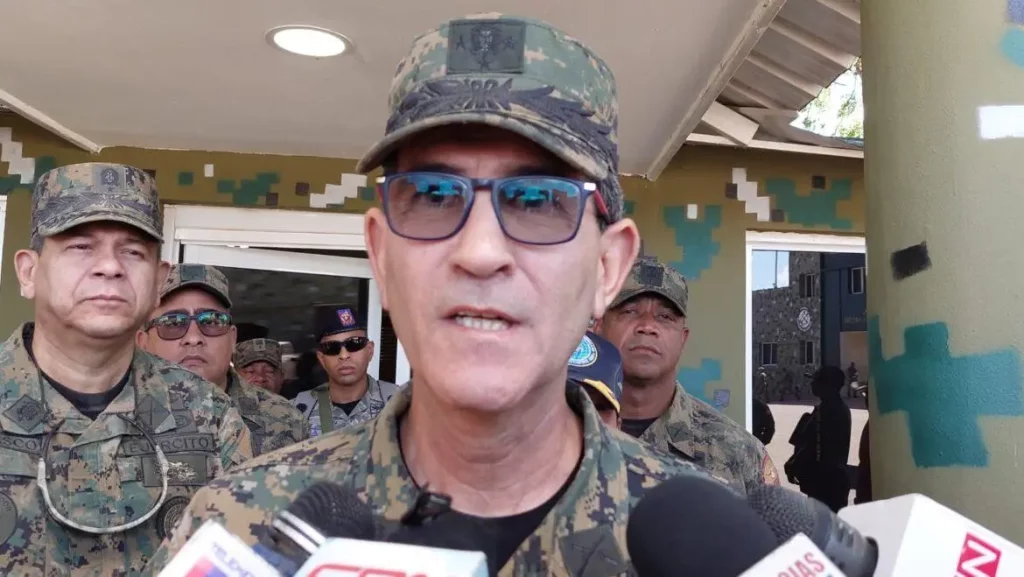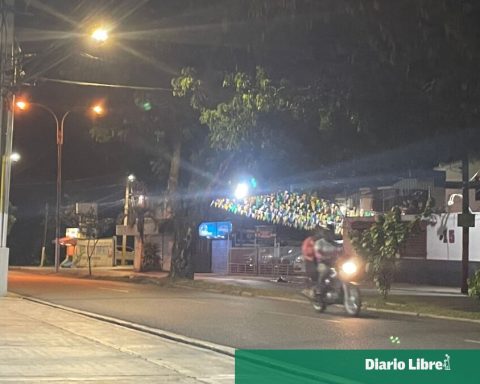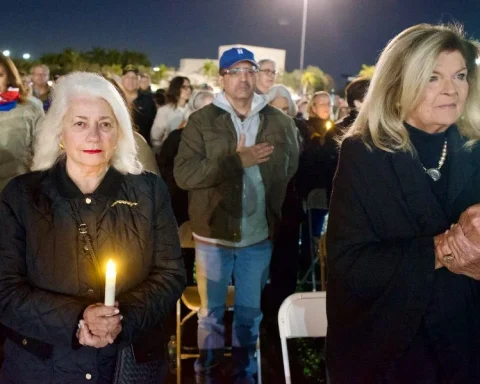The uncertainty surrounding the presidential elections on Sunday, July 28, has also affected Venezuelan consumers. During the week leading up to the election, “nervous” purchases of food products, especially canned goods and water, increased. ANSA says the market is well supplied to meet demand.
The so-called “nervous” or impulse purchases in Venezuela were associated with the shortage of products that occurred in the country a few years ago. However, the political uncertainty about what may happen after the presidential elections on Sunday, July 28, is a new element that activates consumers, who in this pre-election week increased their presence in commercial establishments.
And it is no wonder, after the warning of the ruler Nicolás Maduro about a possible scenario of violence if the opposition wins the elections, The first thing Venezuelans did was go out to buy perishable foods and drinking water. “There will be a civil war here. If the fascist opposition comes to power, it will be inevitable (…) There will be a river of blood,” Maduro warned during a visit to a family’s home in a Caracas neighborhood.
“I don’t think there will be extreme violence, but we don’t know what might happen in the days after the election. If there are protests in the streets, it’s very possible that businesses won’t open their doors, so we have to be prepared,” said 42-year-old veterinarian Marielena Gutierrez from Chacao in Caracas.
Italo Atencio, president of the National Association of Supermarkets and Related Businesses (ANSA)pointed out that since last weekend and until Wednesday, July 24, there was a slight increase in purchases, mainly in the central axis of Venezuela, metropolitan region, Aragua, Carabobo and Lara. He detailed -however- that this increase in consumption was not observed in the east south, in the Andean region and in the west of Venezuela.
«The first thing I must say is that we do not call them nervous purchases, but rather seasonal purchases, which are those that occur before a specific event or season (…) From today (Thursday, July 25) We see a slightly incremental behavior of these purchases throughout the national territory,” he said. SuchWhich.
Atencio said that at present “there is a very good level of supply of 97%, good inventories in the supply chain and logistical response capacity” of the businesses.
According to information provided by managers of food and miscellaneous product stores, canned goods are the main purchase by consumers during these days, including deviled ham, tuna, sardines, pasta sauces and grains such as black beans and chickpeas. Meanwhile, on the side of products in long-life packages, more pasteurized milk and juices are consumed; just as toilet paper is the most in-demand cleaning product.
“People are taking various canned goods, but also large bottles of water to drink, most of them buying 1.5 litre bottles. They are also taking candles, I imagine because they are afraid that the electricity will be cut off,” said a manager of one of the largest supermarket chains in the country, who preferred to remain anonymous because he is not authorised to speak.
According to the ANSA basket, The miscellaneous food category represents 27% of the total weight of the basket, followed by proteins with 26% and sausages with 19%, these three categories totaling 72%.
The ANSA basket is an indicator and reference study of the consumption value in supermarket chains. The study includes 28 products, corresponding to six categories for a total of 86 items that indicate the estimated consumption for one month. It is designed for a family group of four people under the premise that they can satisfy the needs for proteins, various foods, fruits and vegetables, sausages and basic products, as well as cleaning, hygiene and household maintenance products.
Italo Atencio explained that in 2023 consumption was lower than expected in the supermarket and self-service sector; but that For 2024, they forecast growth between 3.5% and 4.5%. He said that Venezuelans are now known for being informed buyers with clearly established priorities, which is why the sector is seeing a decrease in impulsive purchases.
Perhaps this reduction in “nervous” purchases is due more to the low purchasing power of Venezuelans, who to date earn a minimum wage of 130 bolivars, that is, 3.5 dollars according to the official exchange rate. The latest report from the supermarket association highlighted that The ANSA basket closed in June at 256 dollars, a cost that is difficult to cover for the majority of the population.
“Impulse purchases have been replaced by taking advantage of offers, you can see people in the supermarket doing the sums,” Atencio stressed.
*Read also: Which businesses are open and which are not on Sunday #28Jul
Post Views: 417
